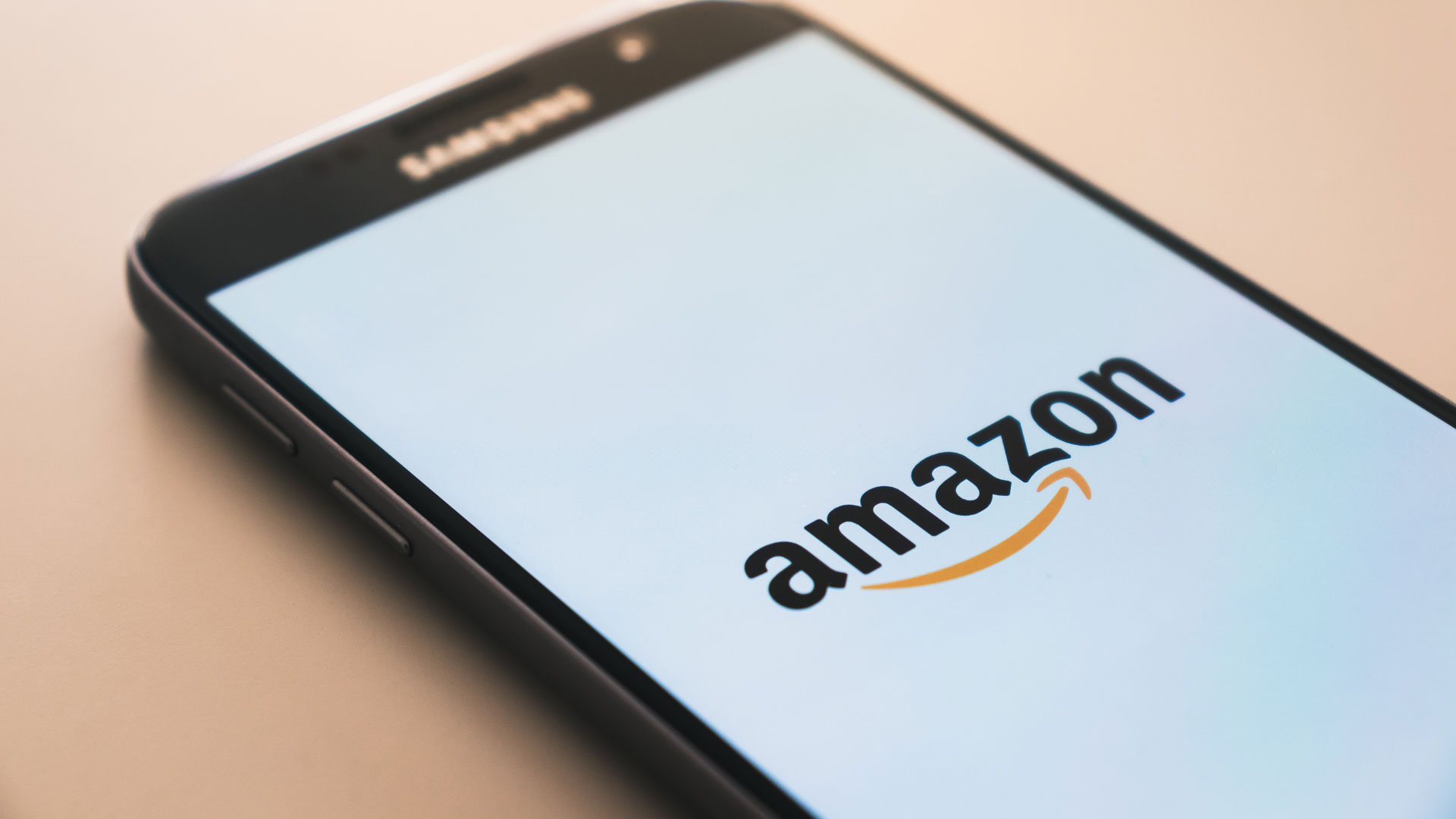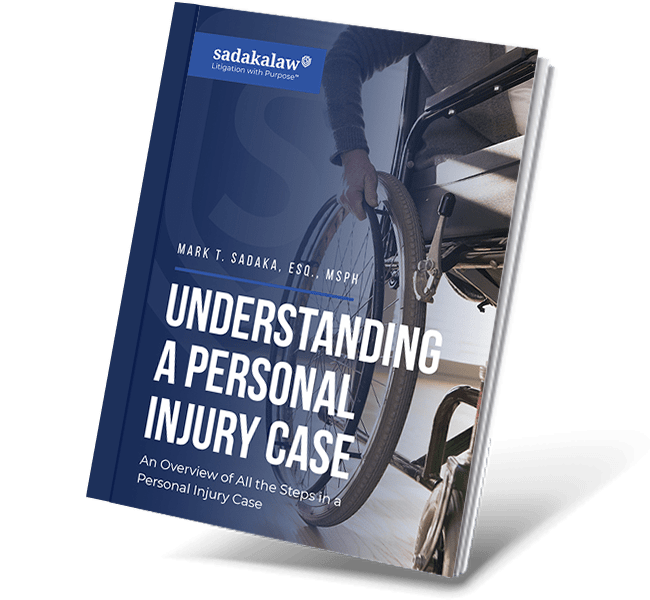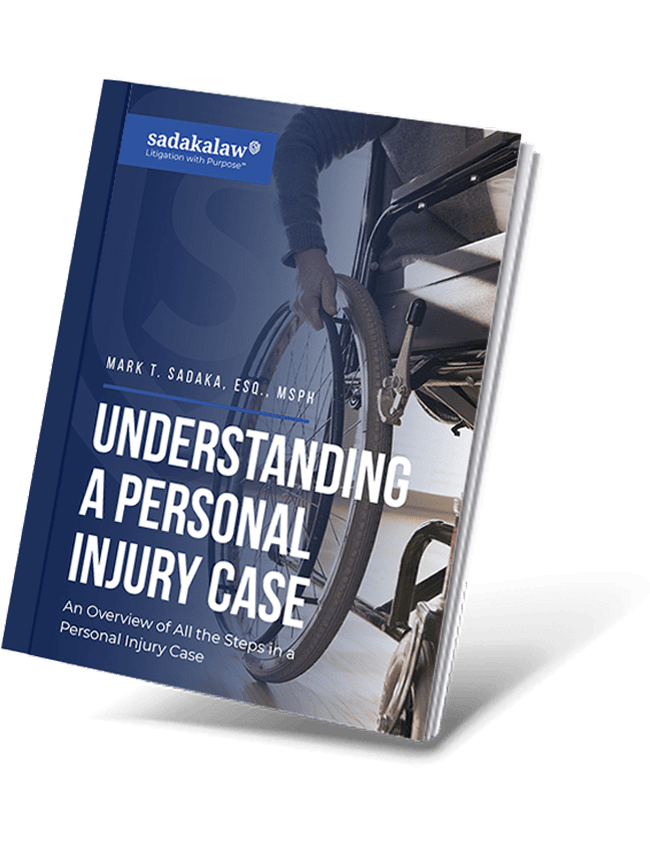
A Pennsylvania woman is blind in one eye after experiencing a mishap involving a dog collar that she bought on Amazon. Her injury brings up issues about product liability when it comes to goods bought through Amazon Marketplace. As of now, it is difficult to hold Amazon liable for goods that third parties sell through its Marketplace. While it seems unfair, this is a result of the role, or lack thereof, that Amazon plays in these sales. However, this may be starting to change as product liability claims involving Amazon make their way through U.S. courts and several courts have sided against the internet giant. This current case has resulted in a ruling that has bucked previous legal decisions and was one of the first cases of its kind to find Amazon liable.
The Plaintiff’s Eye Injury from a Dog Leash Sold Over Amazon
Five years ago, Heather Oberdorf purchased a dog leash for black Lab mix dog. The dog leash was retractable, like many are. Oberdorf took her dog out for a walk one evening. The retractable leash snapped back and hit Oberdorf in her left eye. The force of the leash caused an injury so severe that it permanently blinded her in this eye.
Like many companies who sell on Amazon Marketplace, the seller of this particular leash was transitory. By the time that Oberdorf tried to obtain legal remedy for her injuries, the seller had vanished from Amazon and was nowhere to be found. Nobody, not even a private investigator that Amazon retained could locate this company or the people behind it.
For many people, this would have been the end of the story. Injured badly from a product that they bought, they would have been denied relief because they could not locate the seller of the good. Existing case law holds that Amazon is not the seller of the goods, but rather a third party that simply offers its platform for sellers to link up with buyers. This principle has been upheld countless times including cases that involved hoverboards, laptop batteries and coffee makers.
Oberdorf’s Product Liability Lawsuit Against Amazon
However, Oberdorf would not accept that as a final answer so she filed a product liability lawsuit against Amazon. The internet giant defended the case based on the existing precedent which held that companies like Amazon were merely providing platforms as opposed to being an entity that is within the “stream of commerce.” Any companies that are within the stream of commerce are considered to be strictly liable when someone is injured by a defective product. It does not matter if this company manufactured the product or not.
Regardless of what Amazon’s true role is in the transaction, there is a perception among many customers that it is Amazon who is the true seller. In this case, Oberdorf did not know the distinction between the seller of the dog leash and Amazon. Customers simply select their merchandise, put it in their cart and pay for it, not knowing exactly who sold them the products.
This is a common experience. Amazon itself accounts for less than half of the products sold over its website. Third-party sales have surpassed $100 billion and are still climbing. However, many of these sellers are small operations and do not have the deep pockets that Amazon has. This means that injured consumers may not be able to get the full amount of compensation that they deserve.
The Third Circuit Overrules a Lower Court
Oberdorf’s case made it all the way to a federal appeals court in Pennsylvania. Previously, a lower court found that Amazon was not liable for her injuries. This court was simply applying previously case law in finding that Oberdorf could not recover from Amazon.
However, the federal appeals court overruled the district court ruling. Applying Pennsylvania state law since that is what governs product liability cases, the appeals court held that Amazon’s business model necessitated that it be held responsible for Oberdorf’s injuries. Specifically, the court noted that Amazon gave the third party the ability to conceal its identity from the customer. This means that customers have nowhere to go for recourse when they are injured by a product that they purchase from one of these third parties. Fairness requires that someone be held responsible when the customer cannot locate a party to sue for their damages.
Now, the federal appeals court remanded the case back to the lower court to hear the case on the merits. Specifically, the lower court must determine whether the leash that injured Oberdorf was defective. Presumably, if the leash was defective in any way, Oberdorf will now be able to recover directly from Amazon for the damage to her eye.
It is unclear whether this particular ruling will become precedent across the country. There is no such thing as national product liability law. Unless there is a federal law in the area, product liability is something that is committed to the states. This ruling was based on Pennsylvania law. However, other courts could look to how this court interpreted state law and could broaden their own state statutes to find Amazon liable.
The Sixth Circuit Also Rules Against Amazon
Shortly after the Third Circuit rules for Oberdorf, the Sixth Circuit also ruled against Amazon in a product liability case. In this case, a consumer was injured by a hoverboard that they purchased from Amazon. The specific claim was that Amazon failed to warn consumers about complaints about hoverboard fires or explosions. Here, the appeals court also overrules a lower court’s finding that Amazon was not a seller for purposes of product liability law.
It is unclear whether these cases are outliers or are the start of a new direction in case law. Should this latter be true, this will open up new remedies for injuries consumers who had previously been denied relief. For Amazon, it may lead to a change in the way that they do business over their platform.


